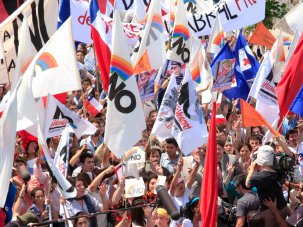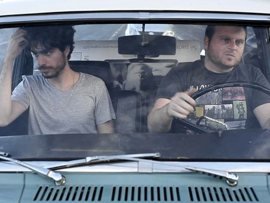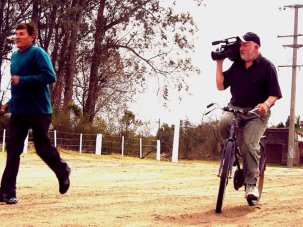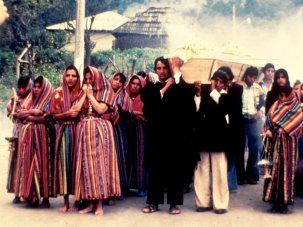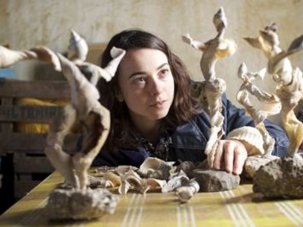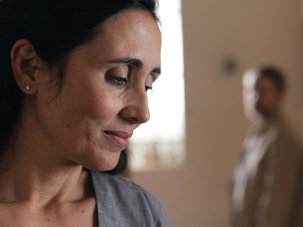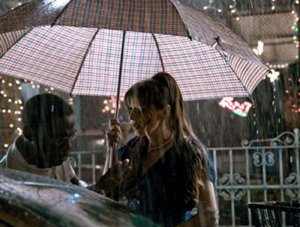Web exclusive
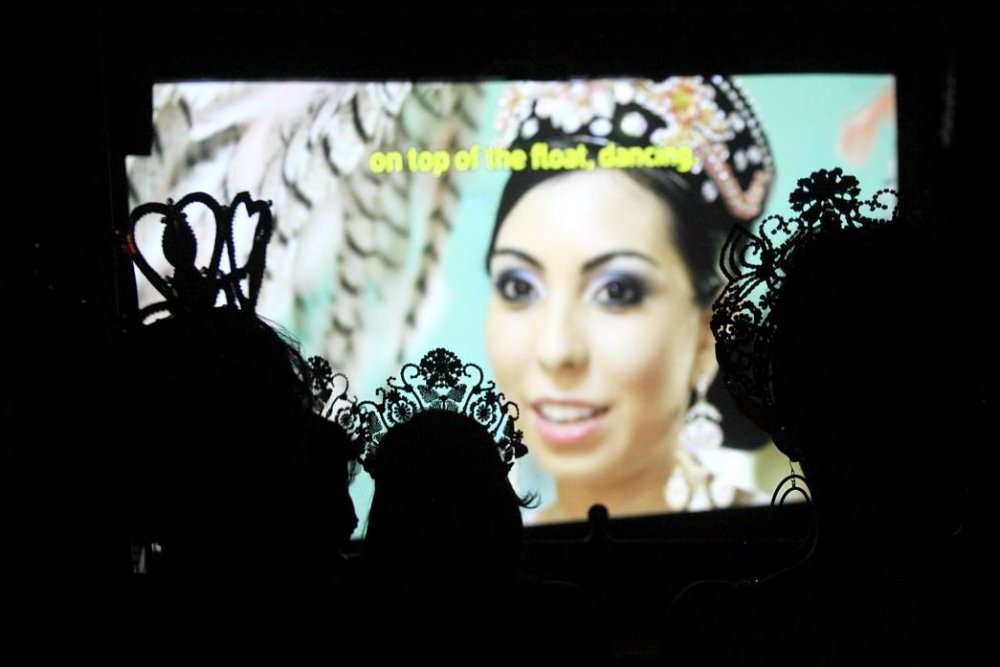
The local audience at the premiere of Reinas (Queens)
When Fernando Meirelles recalls the release of City of God, in 2002, one of his most particular memories is of the film screening within Rio de Janeiro’s favelas, in pop-up projections for 2,000 people at a time. “No one had filmed inside favelas, using their language, in a way that was so close to their real life,” he says. “I think that’s why they loved the film – it was the first time they saw themselves on screen.”
|
International Film Festival of Panama 11-17 April | Panama City, Panama |
Fast forward a decade, steer 3,000 miles north-west from the Brazilian slums to the sumptuous baroque of Panama City’s Teatro Nacional, and one finds a very similar phenomenon.
The occasion is the world premiere of Ana Endara Mislov’s documentary Reinas (Majesty), the highlight of the Festival Internacional de Cine de Panama’s second edition. The 36-year-old local director has chosen to portray a striking feature of Panamanian society, namely its somewhat creepy obsession with beauty queens. Thousands of queens are crowned in the country every year – in schools and old people’s homes (yes indeed), supermarkets and carnivals; with a combination of bold authorial restraint and visual panache Endara Mislov shows a discomforting reality in which the ambition to be a queen dominates a country’s notion of womanhood. And it’s the first time it’s ever been shown in a Panamanian film.
One can’t deny that the parade of carnival queens bring a bedazzling array of tiaras and sequins to the red carpet. In the dark, though, their own, approving laughter is mixed with the more critical mirth of those who don’t buy into the folklore.
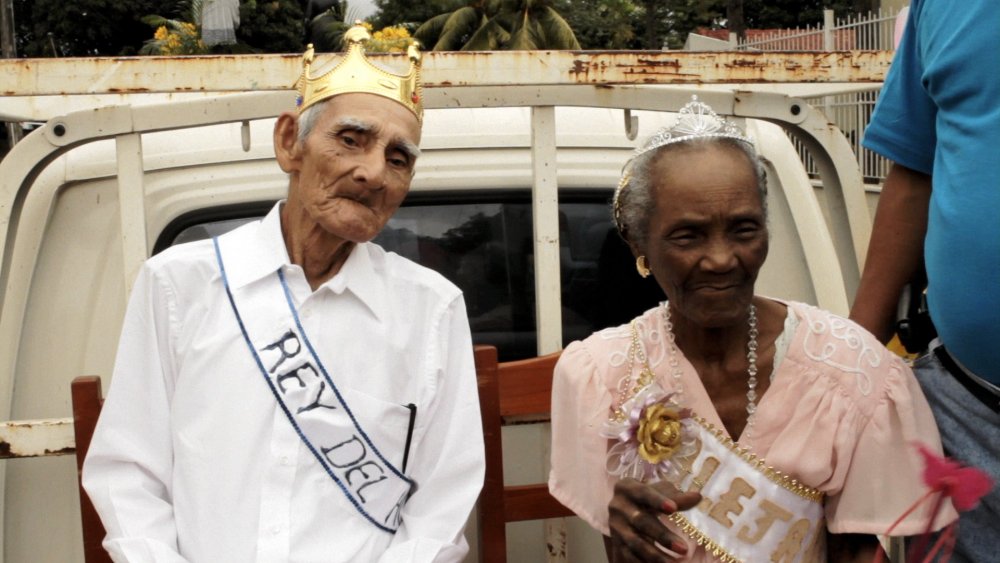
Reinas (Queens)
“At the party afterwards people were telling me how uncomfortable they were, because I made them laugh when they actually wanted to cry,’ says Endara Mislov the next day. “Then a queen would come up to me and say, ‘Oh, you really captured our dream’. There were two parallel readings of the movie, totally different. I’d planned it like that – I like movies that allow your own interpretation – but I was still very relieved to see it work. The whole experience was overwhelming, actually. I think no one will enjoy this movie as much as Panamanians.”
Her screening was shot through with resonance. In Panama filmgoers who are fed a diet consisting entirely of Hollywood films are crying out to see their own lives portrayed on screen. And just as filmmakers in Latin America emerged from the cultural debris of dictatorship and neoliberalism in the 90s eager to tell their own stories, so those in Central America are currently embroiled in similar struggles.
The difference between Brazil or Argentina, say, and Panama is that the latter has no tradition of cinema to fall back on. The film community here numbers around 30 or 40, their main output being small-scale documentaries. Young filmmakers are starting from scratch, with no film schools or industry to start them on their way.
Indeed, the 2009 comedy Chance, by Abner Benaim, was the first fiction feature to be made in the country in 61 years. Just as interesting is that it was a hit, beating Avatar at the Panamanian box office.
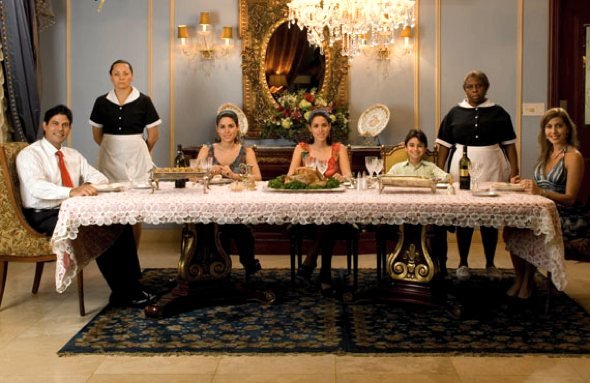
Chance (2011)
“Panama is a country without a currency – it still uses the US dollar – and that speaks volumes,” observes the film festival’s artistic director Diana Sanchez. “Culturally, the audience is hungry for its own identity. At the cinema, they want to see their stories more than any others, bar none.”
And that’s where the festival comes in. For one week of the year, locals get a glimpse of a world outside Hollywood, with the focus on Spanish-language and especially Latin American movies, with a special section for Central America; such is the small output from Panama that Sanchez is predisposed towards all of it, the films greeted by near-total attendance.
The origin of the festival is unusual. It was the brainchild of Henk van der Kolk, co-founder of the Toronto Film Festival, and his son-in-law, a Panama resident. With the local filmmakers behind them, they successfully lobbied the government for backing.
“There was an exciting opportunity to create something new, in a place that was ripe for it,” recalls Pituka Ortega Heilbron, a local filmmaker who co-directed last year’s first inaugural festival with Van der Kolk, and is sole director this year. “Panama is really well situated at the heart of the region. Its audience is heterogeneous – all walks of life, all ages, all social classes go to the movies here. And Henk sold the idea that the festival could be great for tourism, great for the economy, great for the country’s image.”

Ghost Graduation
Van der Kolk’s initiative coincided with the success of an eight-year campaign by filmmakers for a Panamanian film law that would support local production and film culture. The law, a new film commission (under the ministry of commerce and industry) and the festival – with a $1.1 million government grant – arrived much at the same time. The place is positively crackling with the synergy.
For the programming, the festival hired Sanchez, Toronto’s respected Ibero-American cinema programmer. Hers is an intelligent selection, both crowd-pleasing (the audience award is won by the Spanish comedy Ghost Graduation, an inspired meeting of The Breakfast Club and The Sixth Sense) and a valuable primer for anyone interested in the state of play in the region.
Familiar titles from established directors such as Pablo Larraín’s No and Pablo Trapero’s White Elephant are accompanied by films by first-time or lesser-known directors. These include the Peruvian Adrian Saba’s The Cleaner, an unusual, poignant sci-fi centred on a man whose job it is to clean up the streets of Lima during a plague; Cuban Carlos Lechuga’s charmingly droll Molasses, which charts a rural couple’s struggles to make ends meet (and is a velvet-gloved slap in the face for the Communist party) and the comedy So Much Water by the Uruguayan Ana Guevara, about a divorced father’s awkward attempt to holiday with his kids.
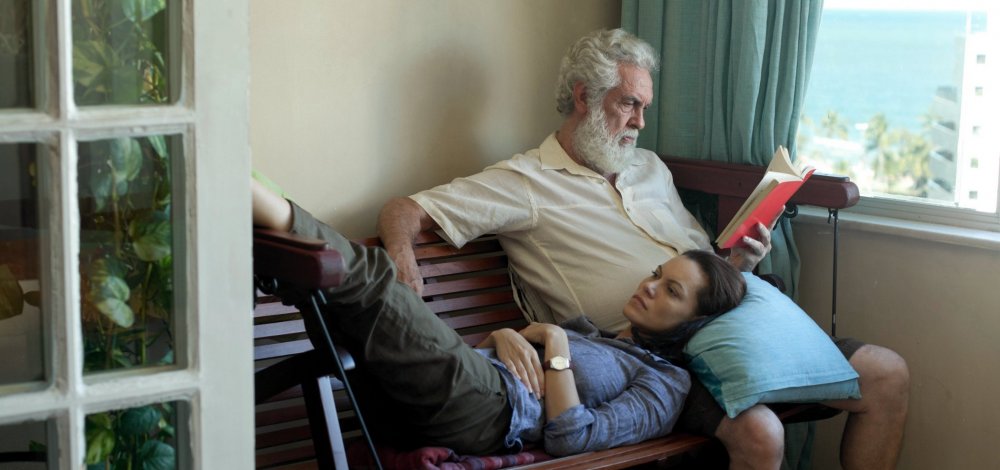
Once Upon a Time Was I, Veronica
Two personal favourites are the fabulous Once Upon a Time Was I, Veronica, a sexy and poetic portrait of a young woman struggling to deal with her detachment, by the experienced Brazilian Marcelo Gomes; and the idiosyncratic, playful drama Fisherman, by the Ecuadorian Sebastián Cordero, which follows its eponymous hero as he makes a glorious, love-diverted hash of selling the cocaine haul that washes up on his beach. Of many fine documentaries, I particularly liked Magic Words, an insightful, sad reflection on the disappointments of the Sandinista revolution in Nicaragua.
The three other Panamanian films here, all documentaries, share a critical gaze on a society whose tourist and business-friendly image – epitomised by the current expansion of the canal – conceals innumerable social tensions.
Thus Chaos in the City bemoans the runaway development of the capital, where the government gives free rein to speculators to “play monopoly with the city”. Paradise for Sale reveals how American developers and retirees are buying up the Caribbean coast and evicting local people. And with Maids and Bosses, Abner Benaim returns to the subject of his earlier comedy, presenting a smart, funny account of the tug of war between the Panamanian rich and their servants.
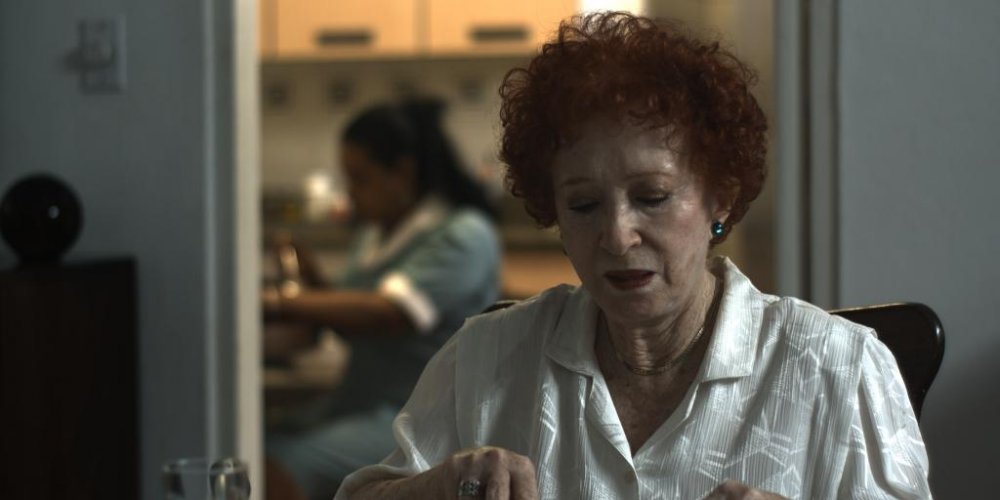
Maids and Bosses
The audiences lapped these up – within three days of this year’s event it had already surpassed last year’s total of 17,000 ticket sales. But Sanchez insists that as satisfying as it is to please the public, “what’s equally important is that the festival is a way of educating upcoming filmmakers, by exposing them to the work of other directors.”
Ana Endara Mislov, who receives the Grolsch Discovery Award during the festival, agrees. “I’ve seen films from Brazil, Chile, Mexico that have blown my mind. There is no other time when we can see these films in the cinema here. At all. If the people who own these cinemas can see that Reinas is sold out, it will be a huge step forward.”
Abner Benaim recalls that when he was showing Chance to potential distributors, “They were all fascinated, because they had never seen a film from Panama before. They would say stuff like, ‘It looks like a real movie’, and I found myself answering, ‘It is a real movie.’ When they got past that first reaction and found themselves laughing at the plot, it was sold. And then they saw the lines forming outside the theatres and of course everything changed – we got full support from absolutely everyone.”
Benaim studied film in Tel Aviv, Endara Mislov in Cuba; both have worked in advertising. And both have gone their own way in funding their films – Benaim raising the $1.4 million budget for Chance from a combination of an Ibermedia grant, corporate sponsors and private equity, Endara Mislov getting Reinas, her second documentary, off the ground using the crowdfunding platform Kickstarter.
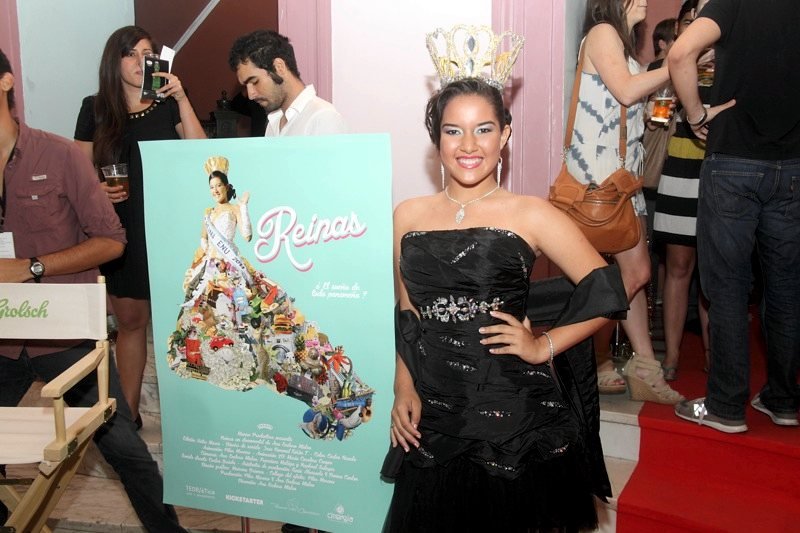
At the premiere of Reinas (Queens)
These are go-it-alone filmmakers, who remind me of the spirit of people like Trapero and Lisandro Alonso, whose resolve resulted in New Argentine Cinema. When I ask Endara Mislov if she ever considered relocating after her Cuban studies, her reply is immediate: “No, because I want to do films here, about Panamanian life.”
The film law is certainly a step forward, with its offer of tax incentives to foreign productions (the drama Paradise Lost, starring Benicio del Toro as Colombian drug lord Pablo Escobar, is currently filming here), and an annual $3 million fund for local production and education. During the festival the film commission awards nine cash prizes for development and production, the largest being $700,000 – a serious chunk of change in this part of the world.
It’s such a small community here that both the head of the commission, Ariane Benedetti, and her colleague Ricardo Correa are themselves filmmakers, each one joking with me that their new positions have meant a certain sacrifice in not being able to apply for the grants themselves.
Correa suggests that Panama only really became a country in its own right when US military forces finally packed their bags in 1999, and that the feeling of national identity is still nascent. “When we start to watch this country on screen, that’s when people will finally say, ‘I am a Panamanian’.”




